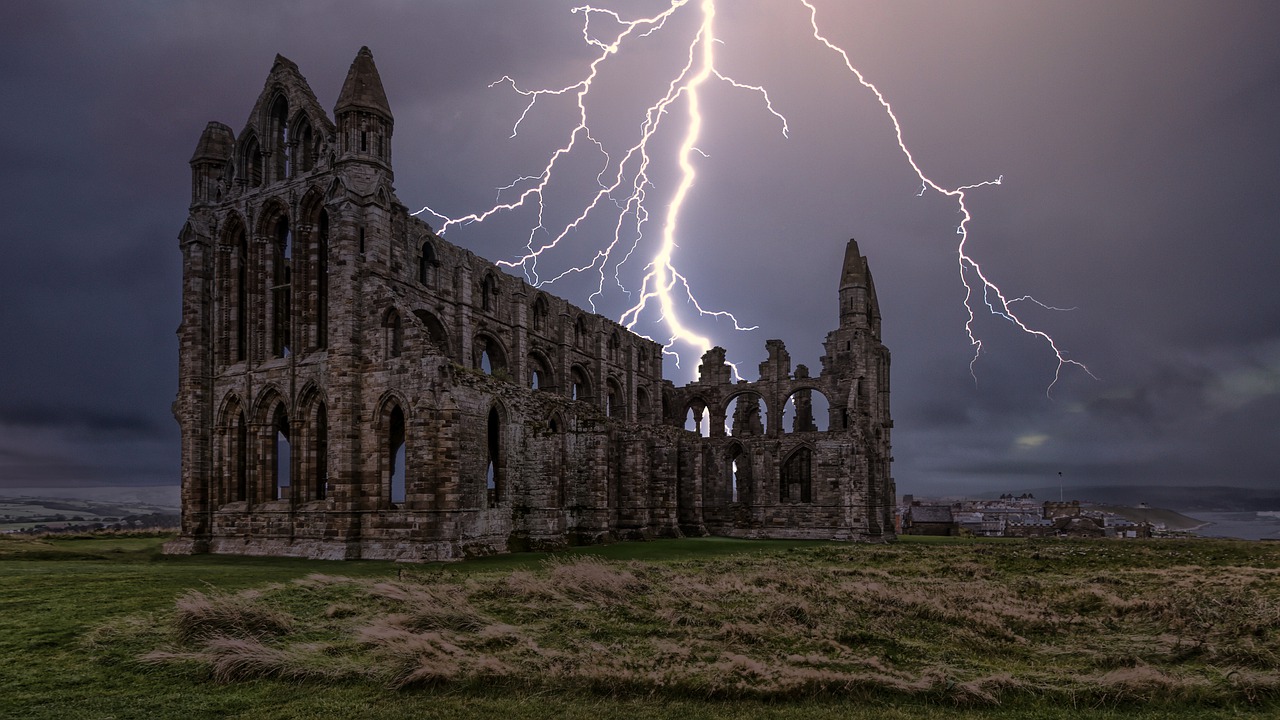“Seek not to spread My gospels, and entice followers unto this, or that, saith Jehovih.” Jehovih’s Faithists should not attempt to establish missionary societies for the purpose of converting people to “Faithism”. Jehovih comes to individuals according to their own needs. “Neither go about preaching, saying: Thus saith Jehovih!” It…
Comments on the Book of Discipline – Chapter 6
1. O man, apply yourself to understand the spirit of my discourse, for herein shall you find the key to the Father’s kingdom. 2. These are the rules of the second resurrection: To become an interpreter and worker without a written formula: 3. That whatever gives joy to your fellow…
Comments on Book of Judgement Chapter 2

1. GOD, embassador of Jehovih, saith: Ye shall assemble for the communion of angels, regularly, and maintain intercourse with them. For in no other way can ye demonstrate the immortality of the soul. Faithists are encouraged to gather regularly for Angel Communion so as to continue communication with them. When…
Study on the Book of Judgement, Chapter 20

¶ 1 The title of the 20th chapter of the Book of Judgement is “God Declareth a Day of Judgement, and Also He Bequeatheth Liberty unto All Men.” 1. GOD said: There shall be a day of judgement unto thee, O man. Soon or late, thou shalt take the matter…
Study on the Book of Judgement Chapter 19

The title given to this chapter is “God Giveth a New Religion.” 1. God said: Hear the words of your God, O ye preachers, priests and rab’bahs; seek not to gainsay my words. ¶ 1 At the outset of this chapter, it is evident that it is those who are…
Oahspe Study Notes for Lika XIV
There are various levels of hell, each with its own name and number of angels. (14:3-6) Certain beings came upon earth “fastening upon mortals”, and at times bringing death to “large cities and nations.” This death is disease, likely airborne. The Oahspe Bible says these beings “impregnated the air with…
Oahspe Study Notes – Lika XIII
Humans’ “grade of understanding”, desires and aspirations are recorded (13:3). The purpose of this is to determine whether or not earth should receive an increase of light (knowledge) “for the ultimate (eventual and sure) perfection of her soul harvests.” The spirits of the dead are “measured” or examined in a…
Oahspe Study Notes Lika XII
Pride and Jehovih’s faithfulness is the theme of the 12th chapter of Lika. Ahura’s pride did not permit him to hear the Voice of Jehovih. (12:4-13) Ahura desired material gain, praise from others and the desire to rule. (12:14-16) Ahura’s kingdom failed (12:17-18)
